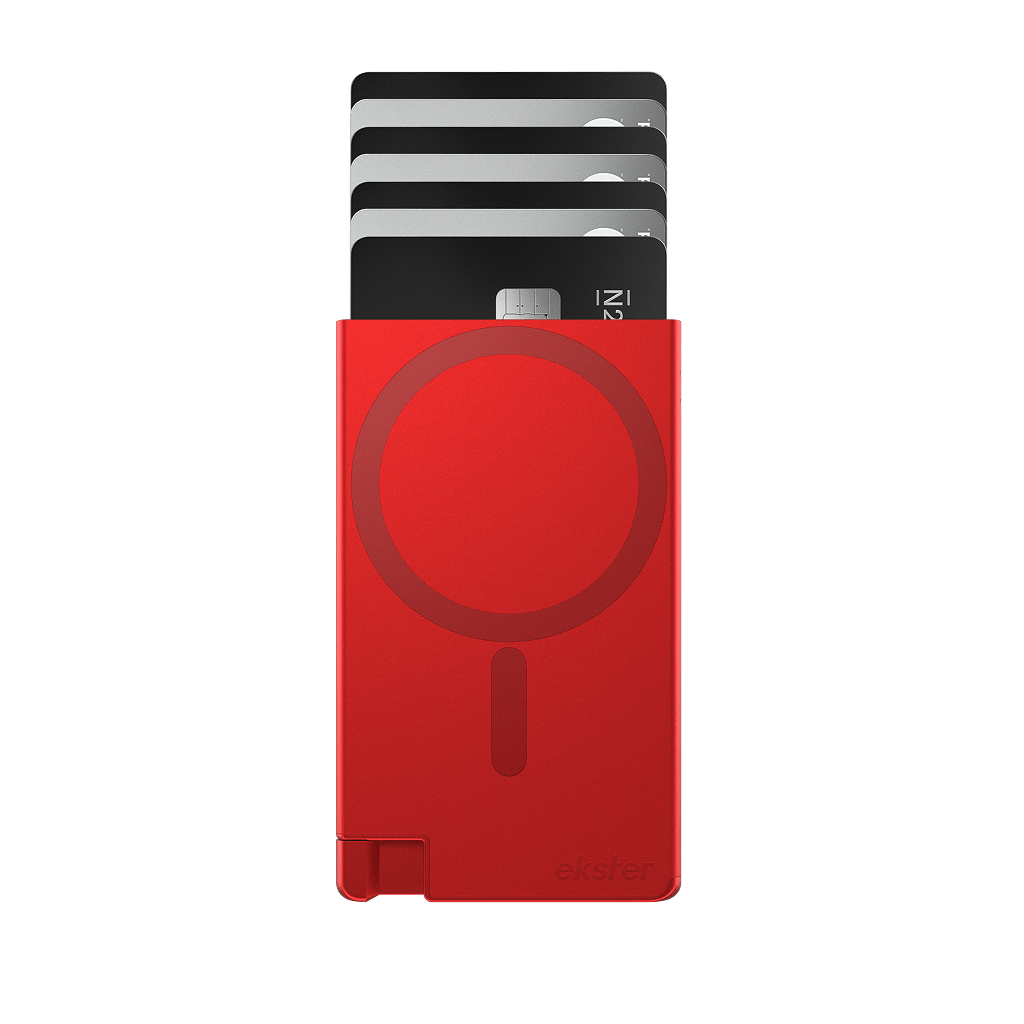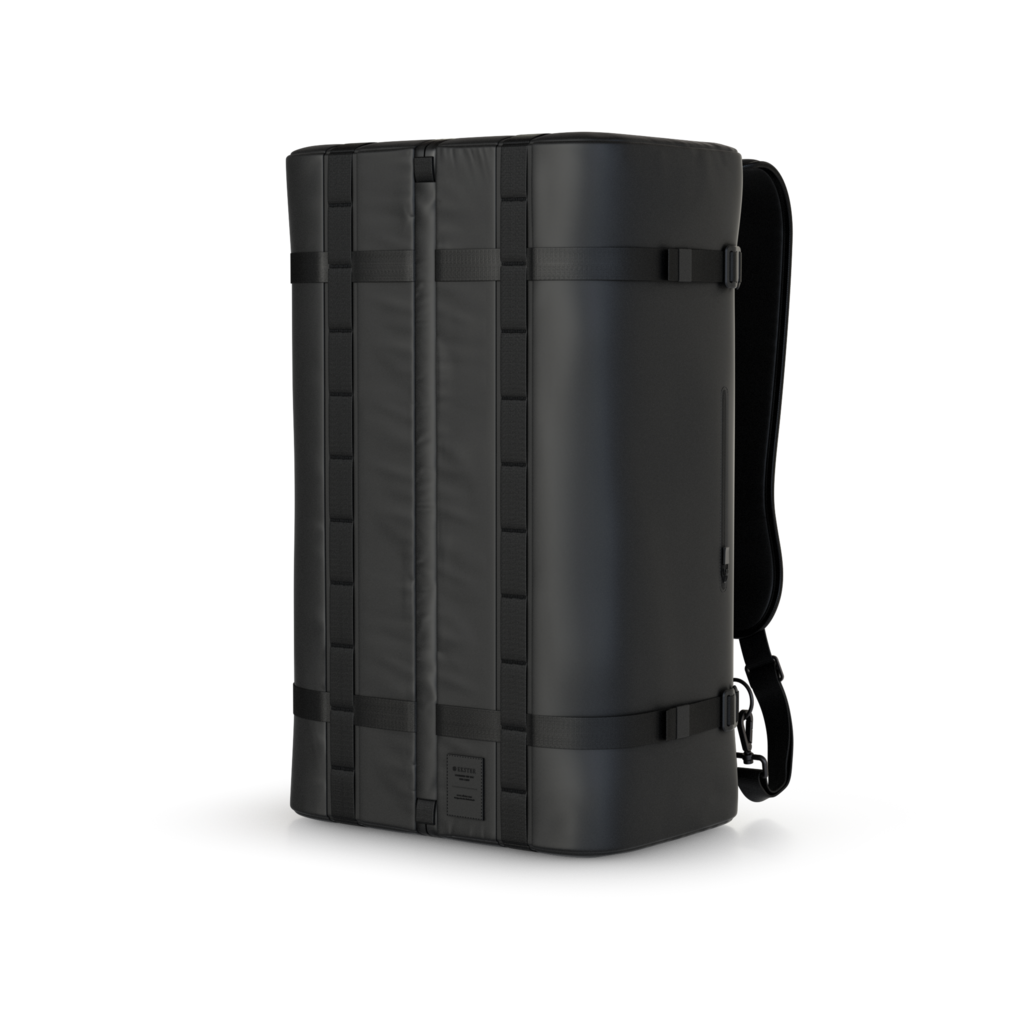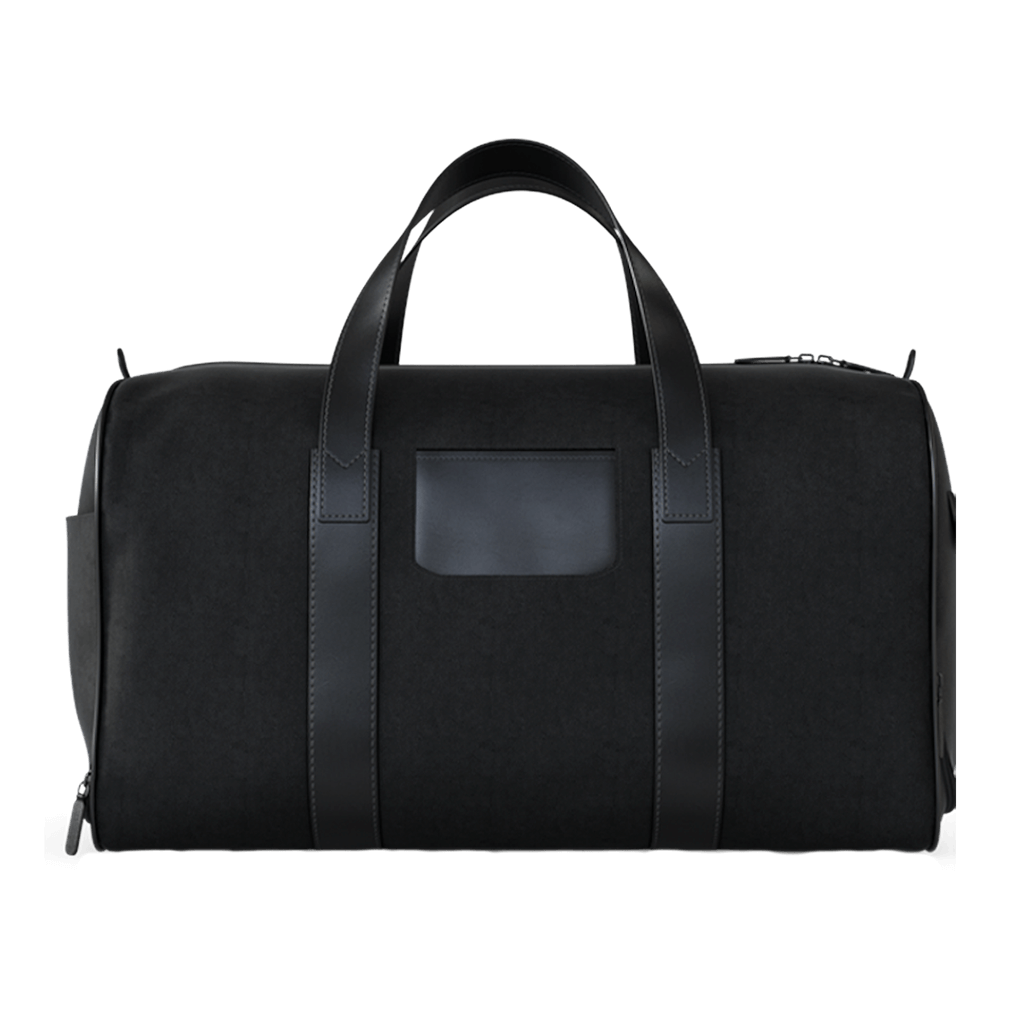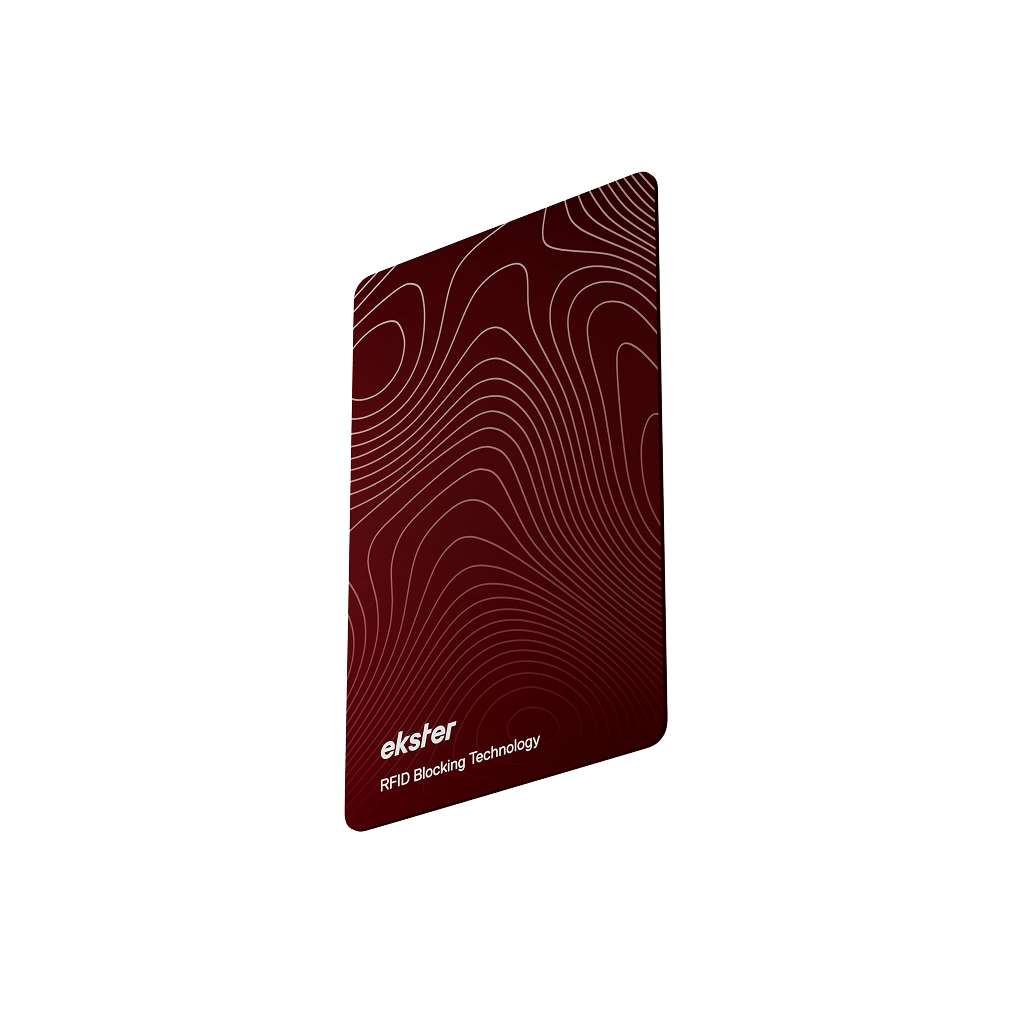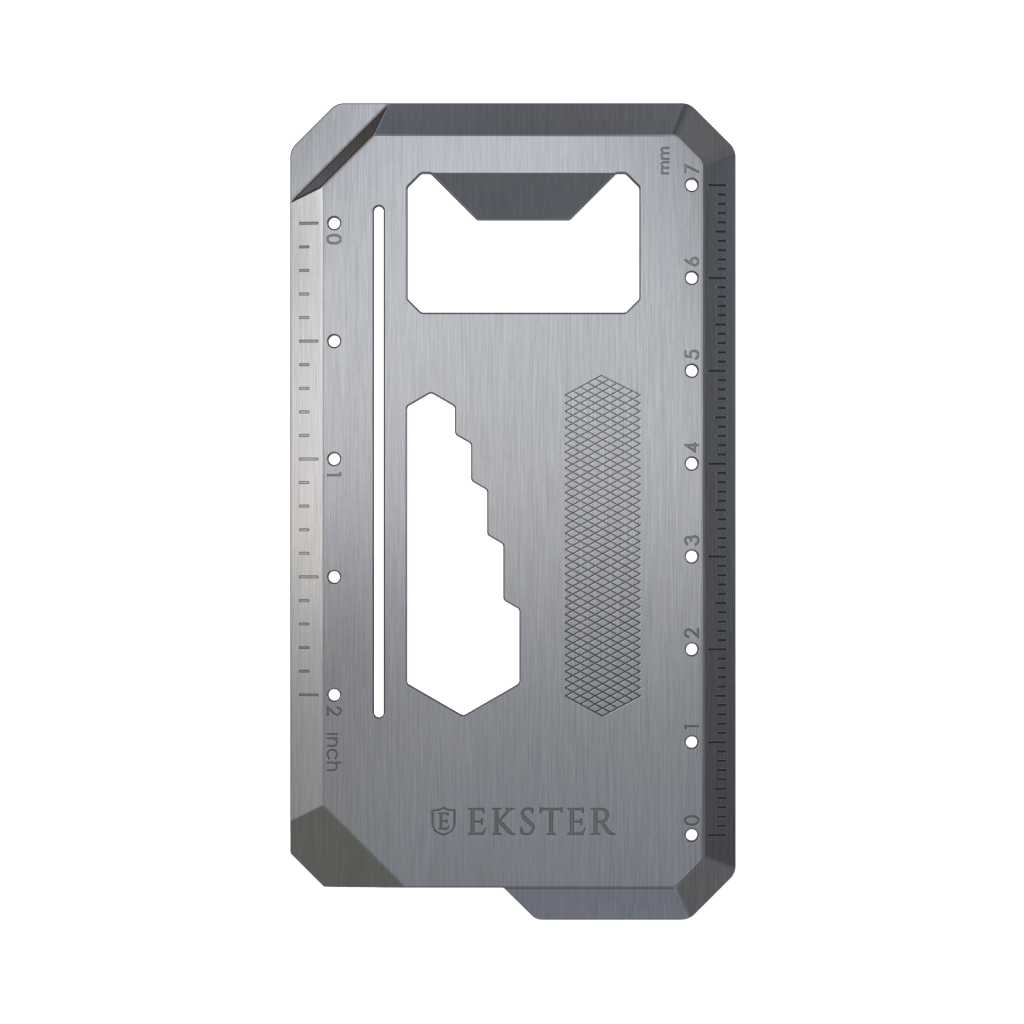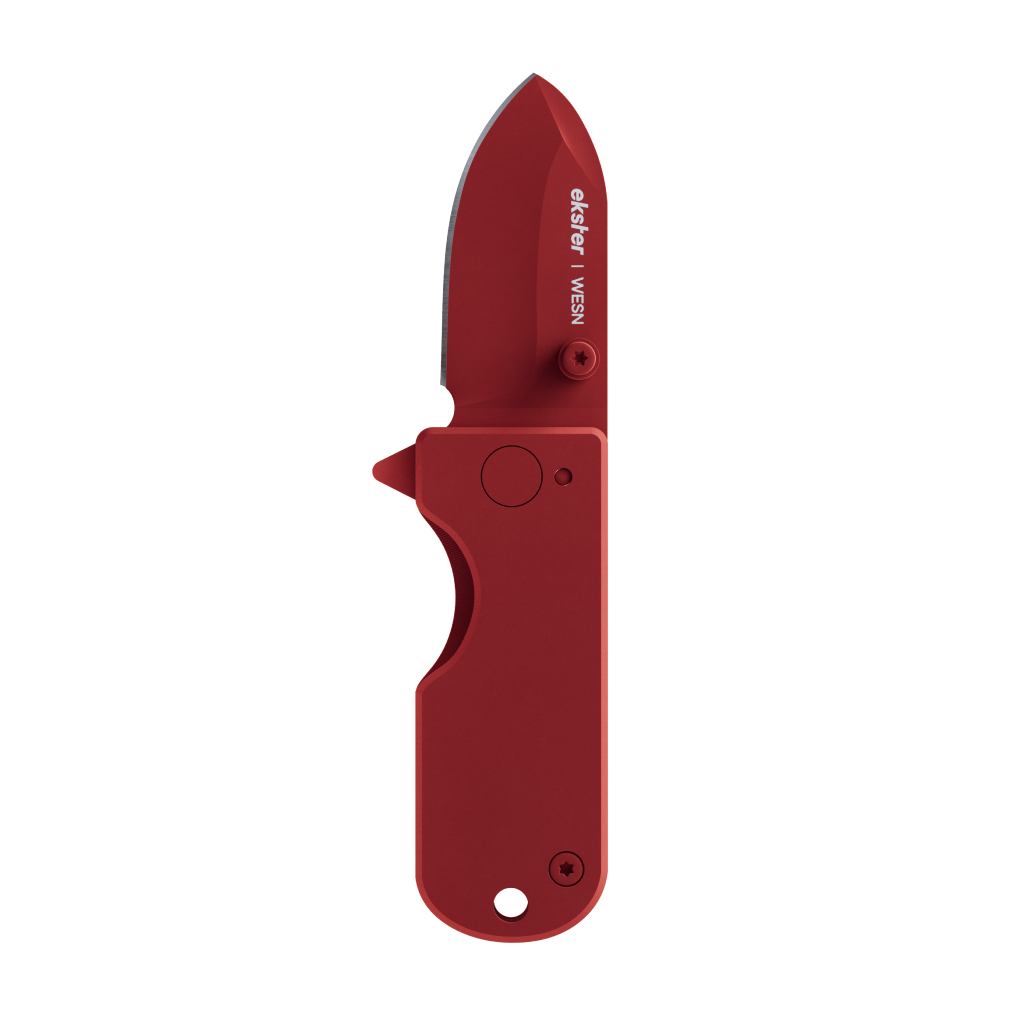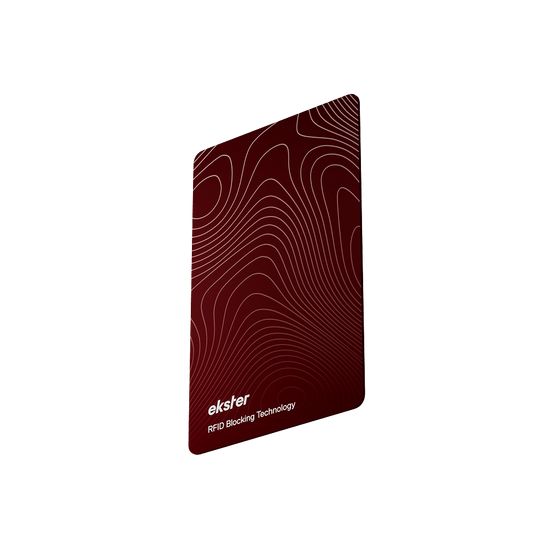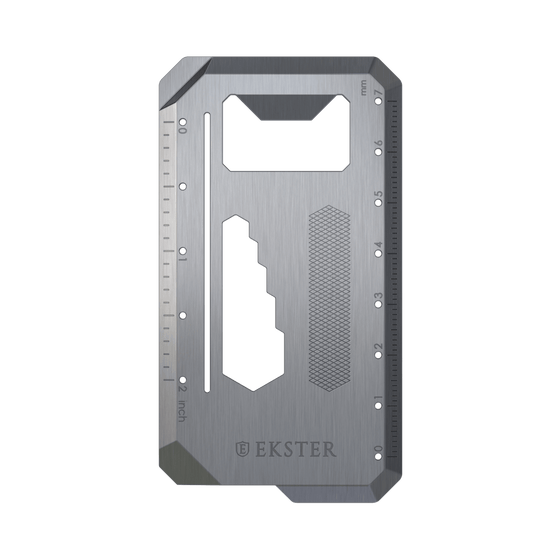Security Wallet: What Is It and Why You Should Use One
As society has moved towards further advanced forms of conducting monetary transactions, the threat of identity theft has risen right alongside it. Becoming a victim of this type of financial crime can cost you way more than just your money.

This situation can lead to having to devote many hours to fixing the problem, and time is a priceless commodity that we all only have so much of it to begin with. So, if you knew there was a way to help stop this abhorrent scenario by simply carrying a different wallet, as opposed to your old leather wallet, wouldn't you make that small of a change to keep yourself and your sensitive information protected?
In order to properly understand what a security wallet is, it helps to gain an understanding of what makes them qualify as a security wallet. Two of the better and more common major security feature options that can be found throughout the wallet industry in many different models of security wallet are what is known as RFID blocking technology, to protect the vulnerable RFID chipped cards you carry, and tracker cards, to help ensure the gargantuan headache that is losing your all-important wallet.
RFID Blocking Technology: What Does That Even Mean?
With ever-increasing advances in the tech that goes into our modern plastic cards, there has been a rise in credit and debit cards that come embedded with Radio Frequency Identification chips, otherwise known as RFID chips.
These chips store your banking or account information directly in the chip inside the card, in a similar fashion to the way that older magnetic strips stored their information, minus the danger of ending up with a completely erased card if it ever ends up getting moved too close to a strong enough magnet.
The main difference is that the magnetic strips are actual strips of iron or other metal that can be arranged and set with a magnetic field in an order that can be recognized by the reader devices. RFID cards, however, do not contain these programmable metal strips. They are instead utilizing solid-state chips and built-in antennas to store and communicate the information.

When an RFID chip card comes within range of the electromagnetic field put off by the card reader device, the chip activates and sends the stored data through the antenna via radio frequency waves to the reading device. The positive side is that through using remote transfer in lieu of contact readers, it both speeds up the transaction process and helps to prolong the lifespan of your cards.
The downside to the remote transfer is in the way the cards are activated and accessed. Given that these cards require a simple electromagnetic field to activate and attempt to send out information, all it would take would be getting a little too close to a scammer with a remote chip scanning device hidden from view, and your identity could be hijacked. The worst part is that you wouldn't even be aware of what had happened until after the damage had already been done.
The technology that goes into blocking these remote scanners from accessing your card is known as RFID blocking technology or, scientifically speaking, a Faraday cage. Basically, wallets with this type of card protection will contain some sort of metal shell that will enclose your cards. This shell is designed to redirect the electromagnetic energy around itself instead of letting it pass through and activate the chips for access, thereby eliminating the worry that you may end up becoming a victim to identity or even monetary theft through remote scanning of the chipped cards.
If You Have Ever Lost Your Wallet, You Will Appreciate This Next Bit of Security Wallet Tech: Tracker Cards
Wallets are carried with one specific purpose in mind— to hold the most valuable items we carry around on a daily basis in a secure fashion. And for the majority of people, their wallet will do just that. However, one major potential bane in the life of any wallet carrier is the possibility that it could get lost.
Whether that be from it coming out of your pocket unnoticed during strenuous activity or simply setting it down somewhere and leaving it behind due to some sort of distraction, it can be one of your worst living nightmares. Fortunately, thanks to innovation in tracking technology, some wallets now offer tracker cards to help ensure that is a nightmare you don't have to live through.
Some models of tracker cards are capable of storing the last known location in a smartphone app, which could give you a general area to search in the event that it comes up missing. Once you are within a certain range, these cards can be accessed through Bluetooth and made to make alarm tones or vibrate to help you locate it and get it back in the pocket, where it belongs.
Some models take that a step farther and give the capability of using the tracker card to activate an alarm tone on your cell phone if it is ever misplaced.
Misplacing your phone is definitely the second worst possible thing to lose, behind your wallet, and these cards can help cover both of them. Not to mention they are also available with built-in solar charging panels, so there is nothing else to keep track of along with the tracker itself.
Simply slide one of these cards, which are only slightly thicker than the average plastic card, into a credit card slot in your wallet, and you can rest assured that you won’t have any more worries about losing the all-important contents of your wallet. What could be more secure for the things in your wallet than the ability to track it down if it ever goes missing? If only all forms of insurance were so effective and cheap, right?
Why Should You Use a Security Wallet?
The better question here really is, why not? If you could get a case for your computer that would block hackers from ever being able to access any of your files again, would you get one of them?
If there were cases for smartphones that could successfully block anyone from being able to track your activities and conversations or gain any access to your phone, we all would be rocking the same phone cases. Why? Because when it comes to your sensitive personal information, you can never be too safe.
In everything in life, we naturally weigh out the options and sometimes utilize what is known as risk versus reward thought process. This simply means that we base decisions on whether they’re worth their cost for the benefits they bring along with them. When it comes to your wallet and the cards inside, there can be a great reward in protecting those objects, and dire consequences if that protection isn’t there when it is needed, which is an obviously high risk.
So, when it comes to whether or not to get a smart wallet, it is most assuredly a “better safe than sorry” scenario. Even if the chance is minimal at the highest, the amount that is at stake when it comes to your credit cards is way too high to not allow yourself the added peace of mind in knowing that your cards are safely tucked away inside your wallet, always protected and secure.
Sources:






